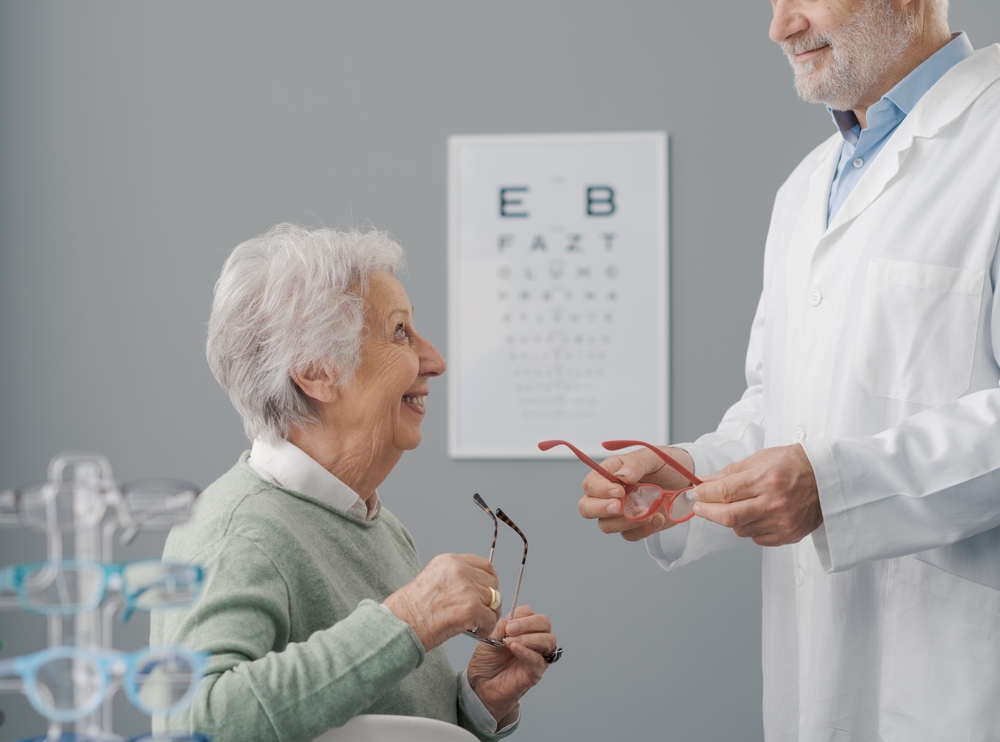
Understanding Macular Degeneration: Symptoms and Treatments
Macular degeneration is a chronic eye condition that affects the macula, the central part of the retina responsible for sharp, central vision. As the macula deteriorates, it becomes increasingly difficult to perform everyday tasks, such as reading, driving, and recognizing faces. Macular degeneration is often associated with aging, which is why it's also known as age-related macular degeneration (AMD). However, there are other forms of the condition, each with its own unique characteristics and treatment approaches.
Types of Macular Degeneration
There are two main types of macular degeneration. Dry macular degeneration is the most common form, accounting for approximately 90% of all cases. Dry macular degeneration is characterized by the gradual breakdown of the macula, leading to a slow and progressive loss of central vision.
Wet macular degeneration is less common but more severe. It occurs when abnormal blood vessels grow under the macula, causing bleeding, leakage, and scarring. Wet macular degeneration can lead to a rapid and significant loss of central vision.
Symptoms of Macular Degeneration
The symptoms of macular degeneration can vary depending on the type of the condition and the stage of its progression. Some common symptoms include:
· Blurred or distorted central vision
· Difficulty reading or performing close-up tasks
· Reduced ability to see fine details
· Increased sensitivity to glare or bright lights
· Difficulty adapting to low-light conditions
· Distorted or wavy lines
· Blind spots or dark areas in the central vision
It's important to note that macular degeneration typically affects the central vision, while peripheral vision remains unaffected.
Regular Eye Exams for Early Detection and Monitoring
Regular eye exams are crucial for the early detection and monitoring of macular degeneration. During an eye exam, your eye doctor can perform various tests to assess the health of your macula and identify any signs of the condition.
Early detection is essential because it allows for timely treatment interventions, which can help slow the progression of the disease and preserve your remaining vision. Regular eye exams also enable your eye doctor to monitor the condition and make adjustments to your treatment plan as needed.
Treatment for Macular Degeneration
While there is no cure for macular degeneration, there are several treatment options available that can help manage the condition and slow its progression:
• Dry Macular Degeneration: Certain vitamin and mineral supplements, such as those containing antioxidants and zinc, have been shown to slow the progression of dry macular degeneration. Devices like magnifiers, telescopes, and specialized lighting can help improve your ability to perform daily tasks and maintain your independence.
• Wet Macular Degeneration: Anti-VEGF Injections are injected into the eye to prevent the growth of abnormal blood vessels and reduce the leakage and scarring associated with wet macular degeneration. In some cases, laser treatment may be used to destroy the abnormal blood vessels and prevent further vision loss.
Schedule Your Comprehensive Eye Exam with Advanced Eyecare Central Coast Today
Macular degeneration is a complex and progressive eye condition that can have a significant impact on your quality of life. Regular eye exams are crucial for the early detection and monitoring of macular degeneration, as they allow your eye doctor to identify the condition in its early stages and implement the most effective treatment strategies.
If you're concerned about macular degeneration or would like to schedule a comprehensive eye exam, contact Advanced Eyecare Central Coast. Visit our office in Pismo Beach, California, or call (805) 773-6000 to book an appointment today.










